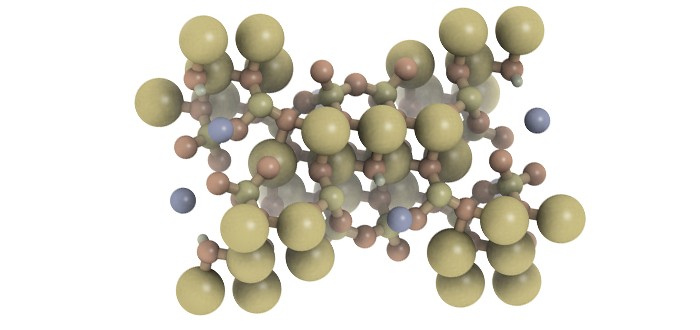A mesothelioma chemotherapy agent known as ARQ 197 was found to keep close to half of peritoneal mesothelioma patients stable for greater than nine months after treatment, according to a research team led by scientists at the University of Chicago.
ARQ 197 — also known as tivantinib — was being tested against both peritoneal and pleural mesothelioma after it showed promise in a phase I clinical trial.
While the researchers in the phase II clinical trial didn’t see the results they’d hoped for against both forms of mesothelioma, the glimmer of good news involving peritoneal mesothelioma convinced them that ARQ 197 deserves further evaluation.
In particular, they recommend looking into alternative biomarkers that would be more predictive of the activity of ARQ 197 in peritoneal mesothelioma patients.
Mesothelioma Proto-Oncogene Targeted
The University of Chicago researchers were joined in this project by mesothelioma experts from Southern Illinois University School of Medicine in Springfield, University of California-Davis Cancer Center in Sacramento, and the City of Hope National Medical Center in Duarte, California.
They presented their findings at the American Society of Clinical Oncology’s June annual meeting in Chicago. They explained that a component of mesothelioma’s biologic makeup is the MET proto-oncogene.
The MET proto-oncogene encodes a receptor tyrosine kinase for hepatocyte growth factor. MET and its hepatocyte growth-factor ligand are overexpressed in 80 percent or more of mesothelioma patients.
This overexpression appears to be responsible for promoting the increased growth of mesothelioma cells and helping instill in them the capacity to invade other parts of the body.
It doesn’t help matters that in 10 percent or more of mesothelioma patients MET is mutated, amplified or both.
For these reasons, high MET expression usually signals poor prognosis for mesothelioma patients.
ARQ 197 is an oral, synthetic, non-ATP-dependent competitive inhibitor of MET. In the lab, ARQ 197 interferes with mesothelioma cell proliferation and induces caspase-dependent apoptosis — cell death, in other words.
That’s why the researchers wanted to investigate ARQ 197’s potential in a group of patients.
Studying Both Forms of Mesothelioma
The researchers enrolled 18 patients. Men accounted for 61 percent of the group. The youngest in the group was 19, the oldest 81. The median age was 66.
To be eligible for inclusion in this study, patients needed to have histologically or cytologically confirmed malignant pleural mesothelioma or malignant peritoneal mesothelioma. Patients with any type of the cancer — epithelioid, biphasic or sarcomatoid — were welcomed.
A candidate for enrollment could not have received more than two prior systemic cytotoxic regimens. However, pemetrexed had to be one of the chemotherapy drugs used each time. Candidates also could not have been treated ever with a MET inhibitor.
During the study, ARQ 197 was administered orally. The dose was 360mg. Every eight weeks, the patients underwent CT scanning to check on their mesothelioma.
In none of the patients was mesothelioma fully stopped. However, the ARQ 197 was determined to have kept a large minority of the 33 percent of the pleural mesothelioma and 71 percent of the peritoneal mesothelioma patients stable for at least nine months.
A few of the peritoneal mesothelioma patients maintained that status beyond 15 months, resulting in the claim that 43 percent of all the peritoneal mesothelioma patients were stable for nine months or more.
Meanwhile, the average time all patients in the study went progression-free was 1.9 months after treatment. However, the peritoneal mesothelioma patients went progression-free an average of 3.8 months after treatment.
The median for overall survival of all mesothelioma patients was 12.2 months after the start of treatment. The median for just the peritoneal mesothelioma patients was 22.2 months.

